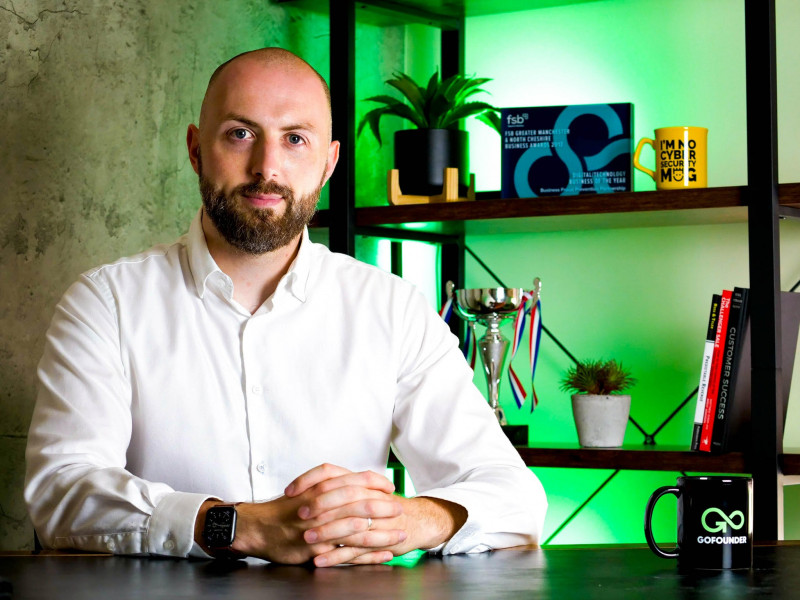
How to avoid procrastination
Procrastination is the enemy of success in business so if you keep putting things off you need to deal with it before it starts causing problems, says Juliet Landau-Pope, a productivity coach for SMEs.
Here’s how:
- 1. Notice when it’s happening
Juliet says: “There are two types of procrastination. The first type is when you are avoiding or delaying an important task, such as writing an email or contacting a client. You know what you need to do, but you keep putting it off. The second type is harder to discern, but can be equally damaging, and that is when you start off a new project really enthusiastically but then you run out of steam or struggle to finish it.”
- 2. Don’t ask why you are procrastinating
Juliet says: “One of the traps that people fall into is to question why this is happening; why am I doing this, why am I leaving everything to the last minute again? The problem with asking why is that it is a very analytical question that takes you into your head but doesn’t move you into action. So forget about why – it is not relevant when you are trying to kick start yourself into action and move forward.”
- 3. Gather all the information you need
Juliet says: “One of the reasons why people procrastinate is because there is a missing piece of information, or because the brief isn’t clear enough, and there is something a bit fuzzy or uncertain that you need to clarify. So before you take the first step, have a conversation with the relevant person, whether that is your manager or a client, and clarify exactly what needs to be done.”
- 4. Make it specific
Juliet says: “Make your task as specific as possible and identify the first step because otherwise it can be very daunting. The more specific you are about what you need to do, the more likely you are to do it. If you need to send a speculative email to a supplier, for example, you will be more motivated to do it if you have the name of the actual person that you need to contact. So your first step might be to research the name of that person and find their email address. Then once you take the first step you are more likely to be able to take the next step and move the process forward.”
- 5. Set lifelines not deadlines
Juliet says: “Most people tend to dwell on deadlines but the problem with deadlines is they are scary. So think about lifelines instead. Lifelines are the date when you take the first step of a project and bring it to life. So instead of saying that you need to do a task by a certain date, work out when you are going to take the first step and put that into your calendar.
That is your lifeline. And be realistic about long something is going to take you to do. One of the reasons why people procrastinate is they have a unrealistic sense of time.”- 6. Eat the frog
Juliet says: “Eat the frog is a concept devised by Canadian business consultant Brian Tracy. He recommends you identify the thing on your to-do list you least want to do and deal with it first to get it out of the way. It will liberate your schedule, clear your headspace and make you feel so much better. His argument is that if you wake up in the morning and eat a live frog, the day can only get better.”
- 7. Beware perfectionism
Juliet says: “Watch out for perfectionism because procrastination and perfectionism go hand in hand. Yes, you should be striving for excellence but that doesn’t mean you have to achieve 100% perfection every single time. If you are dashing off an email to confirm an appointment and there is a minor typo in it, it is not going to ruin the relationship. It is not the same as if you were making a presentation to 1000 people. So weigh up if perfectionism is required, because there are times when yes it absolutely is, but there are also times when you can lower the bar and good enough will be good enough. Sometimes it is better done than perfect.”
- 8. Take five minutes
Juliet says: “You can get a lot done in five minutes, so it is worth starting a task even if you only have five minutes and won’t be able to finish it. That’s because even if you only write one line or read one paragraph, your head will be in the game and the ideas will start to percolate.”
Juliet Landau-Pope of JLP Coach is a productivity coach for SMEs and the author of What’s Your Excuse for not Being More Productive?


